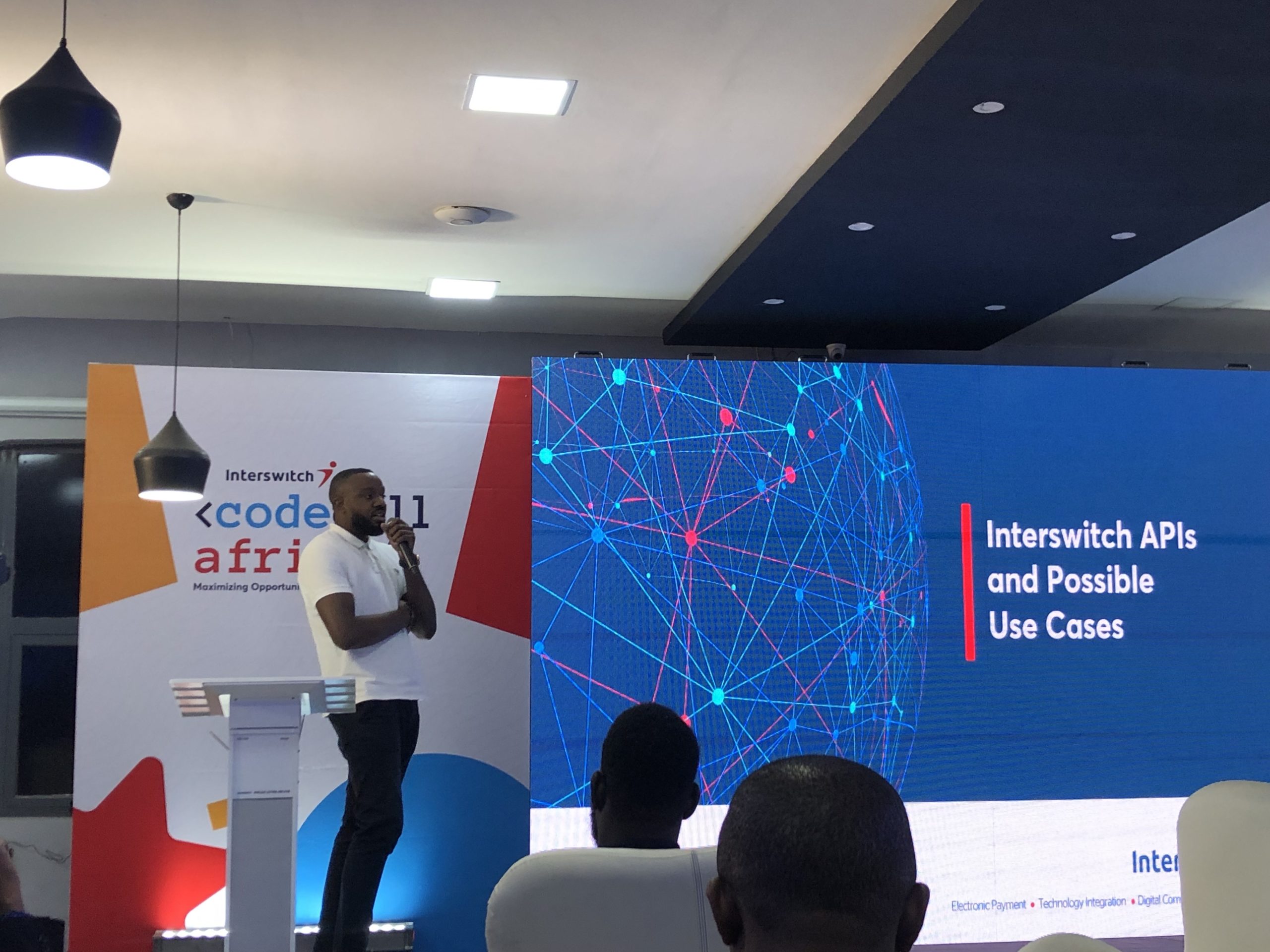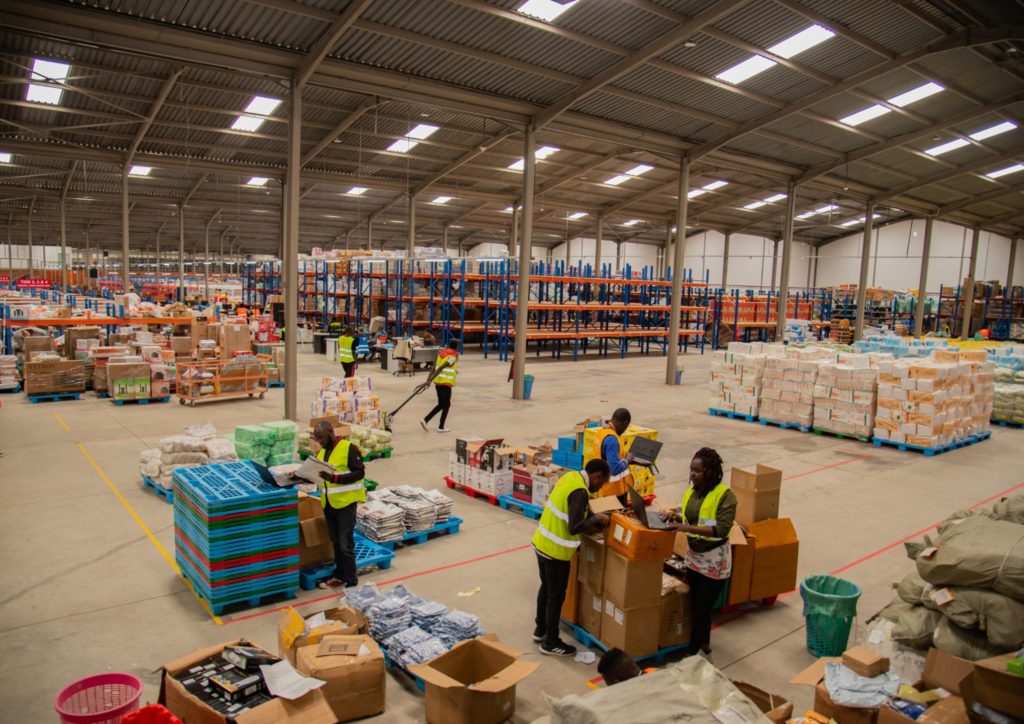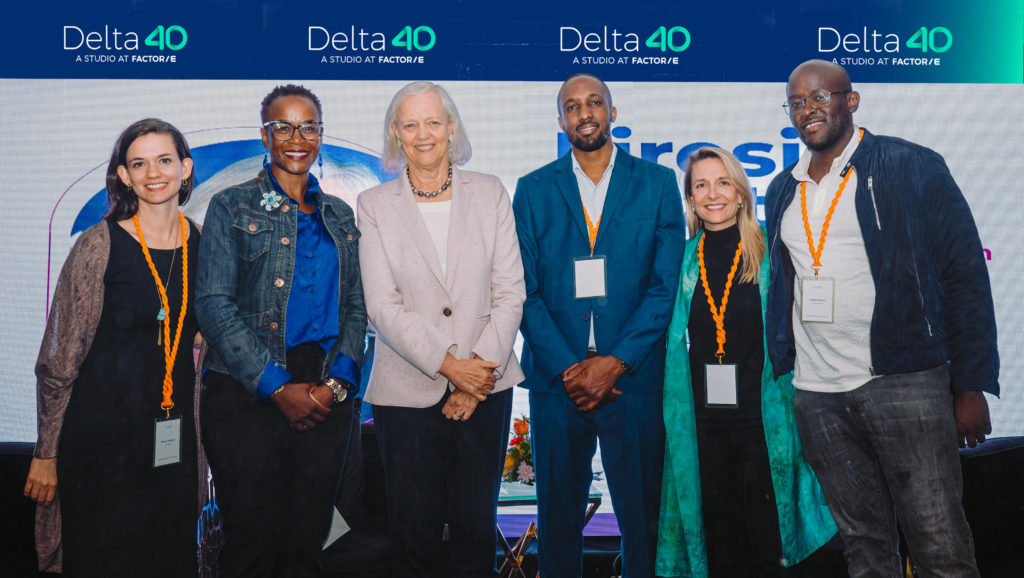Interswitch, the first Nigerian fintech unicorn, on Thursday August 11 announced that it has now aggregated all its API products in one platform, at its <codecall africa> event held at Zone Tech Park, Lagos, Nigeria. This development will grant customers access to the company’s products with little or no customer support.
The company said it wants to help developers and businesses maximise the array of benefits its several API products have to offer without friction.
“Before now, developers had to contact us whenever they needed to integrate without an API,” Abdul-Hafiz Ibrahim, the company’s head of engineering for payment services said at the launch event. “You can now go on the platform to call whatever API you need without necessarily having to call anyone at Interswitch for support.”
Interswitch, being one of the first set of financial technology companies in Nigeria that handled remittance, focused on building the foundational infrastructure other fintech companies have leveraged over the years. As a result of this, according to Muyiwa Asagba, divisional CEO of Interswitch’s Paymate, who spoke to TechCabal at the event, the company has over 20 APIs with millions of calls across these APIs.
Four of the 20 APIs are at the forefront of the financial revolution in Africa, especially in Nigeria. The Paycode API, which powers cardless transactions, continues to change the way people and businesses interact with remittances. Without a card or cheque, customers can withdraw cash by generating a 10–14-digit code on their bank mobile app. They can then go to the ATM to perform a cardless transaction using the digits. According to Ibrahim, this solves the problem of a lack of ATM cards and is useful in emergencies when a person’s card is misplaced or unavailable.
There is also the value-added services API, which helps businesses to automate bills payment and airtime recharge to their customers. The lending services API enables lenders to automate their credit scoring system, conveniently disburse and collect loans, and access customer transaction history. Due to the company’s long existence in the market, it already has a rich data bank on consumers’ spending habits required to build an efficient API supporting the lending space.
Lastly, the “accept payment” API helps businesses receive payments online, in-app, in person using its POS SDK, or by building their own payment experiences using its various APIs.

“We have always had API,” Asagba said. “We’ve been building APIs since 2004, but now, there’s a need to build efficiency and make interaction with our APIs seamless. We have simplified the documentation. We have also built a community around them.”
Besides the developers’ console where developers can search or find and choose a particular API they need, there’s also a developer community, a Slack community built to connect engineers to share knowledge, problems, and solutions. The community already has over 800 members.
The company has now built a referral network that rewards developers who refer merchants to use its APIs. While speaking at the event, Sunday Olaniyan, the company’s business development manager for merchant acquisition, referred to the development as a way to identify with and give back to the developers who have supported and contributed to the company’s growth. “Developers will earn 5% on every transaction cost Interswitch makes on their referred merchants for 5 years. This, and many more to come, is how we are giving back to the developer community,” he said.
Like other payment companies, Interswitch’s commerce play has shifted from just powering payment into platforming ecommerce and social commerce space. Its Quickteller Business app now has a storefront feature that allows merchants to set up a fully hosted online store in minutes. It also enables merchants to fulfill orders through external dispatchers or tap into the network of logistic partners available on the platform. Before now, merchants could only receive payments online and offline, and raise disputed transactions for resolution.
Interswitch is almost 20 years old and fully operational in 4 countries, including Nigeria, Kenya, Uganda, and The Gambia, with an innovation hub housing its German engineers in Germany. The company is connected to all the banks in Nigeria and more than half of the banks in its other markets. Interswitch is known as the gateway to African fintech as its infrastructure powers over half of fintech companies in and outside Nigeria.
The company raised $110 million this May and plans to expand some of its products into more African countries this year.



















